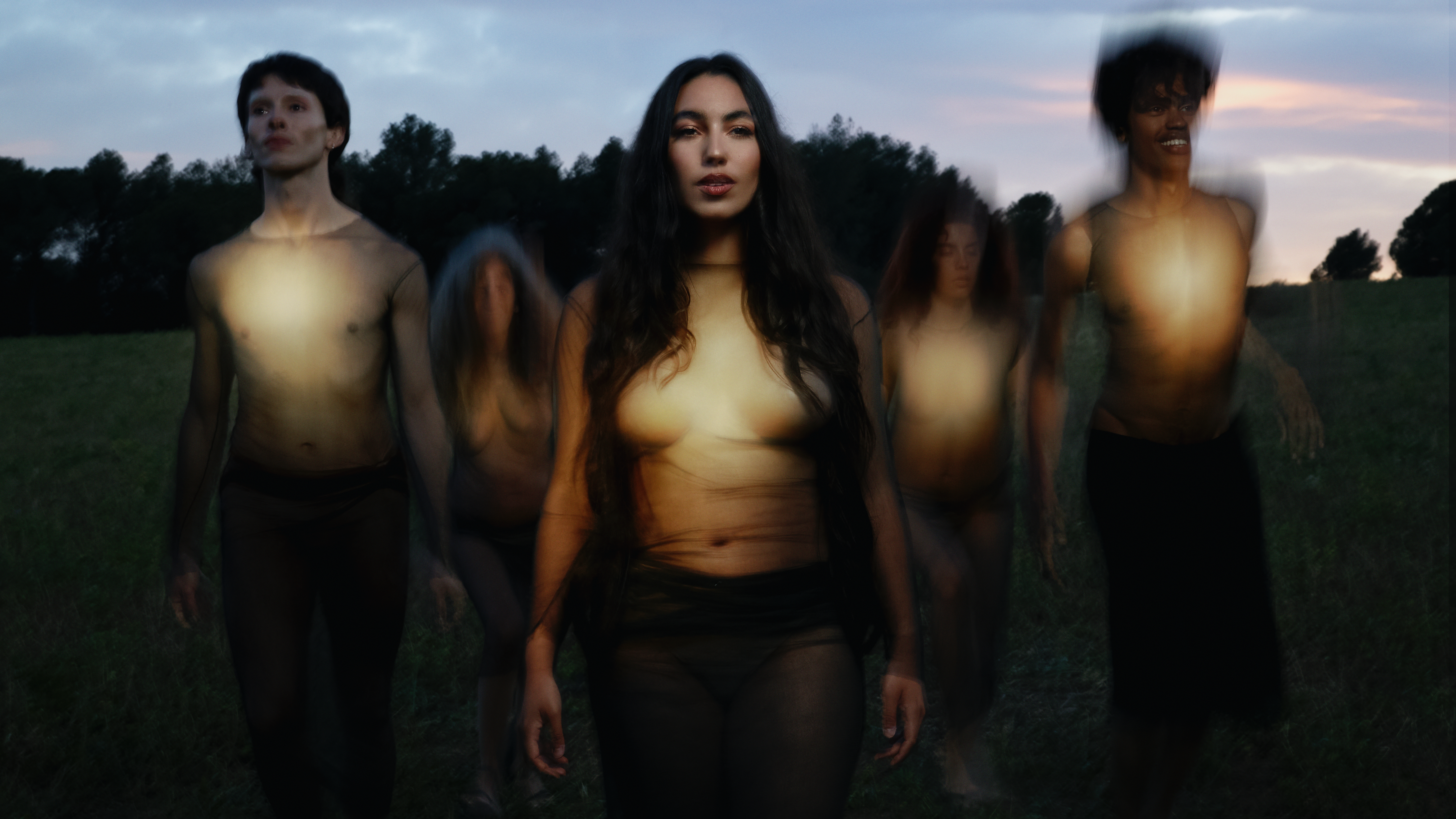Spanish musician María José Llergo turns roots into wings with ‘Ultrabelleza’
The Spanish artist María José Llergo has just released her first full-length album, called “Ultrabelleza.” Her voice carries the legacy of flamenco, the traditional music of her homeland, but on this new record, her roots have turned into wings, allowing her to explore other genres.
The first song on María José Llergo’s new album sounds unlike anything she’s done before.
It’s a pop banger propelled by a disco beat with a triumphant chorus.
It’s called “Aprendiendo a Volar,” or “Learning to fly.” And it almost seems like a disclaimer for listeners, a warning that what lies ahead is a departure, an act of artistic liberation.
“I shed a lot of baggage, of what I should, or should not be,” Llergo said. “I am what I am. I write what I want, sing the way I want, and I’m not here to please anyone.”
Some songs on the album may be the closest the artist has been to what one would call mainstream pop, but others are among her most experimental and daring creations to date.
The song, “Visión y reflejo,” was so unpredictable, she said, that even she didn’t know where it would take her.
“It’s best to follow your own inner compass, and when you love something, that’s the way to go.”
But for all the exploration, Llergo has not abandoned her roots. Rather, she has found new ways of connecting with them. The influence of flamenco may not be as obvious here as in her previous works, but it’s still present.
“Flamenco is in my voice every time I sing,” she said. “Even if it’s a jazz standard — you know I come from Andalucía.”
Llergo was born 29 years ago, in Pozoblanco, a rural town in Spain’s southern region of Andalucía, the home of flamenco. As a child, she learned the art of flamenco from her grandfather who would sing to her while he worked on the field.
She pays homage to him through the sound of a hoe harvesting the land, which can be heard on “Sanación,” a track in her first collection of songs that was released almost four years ago.
The record was a way of dealing with her past traumas, she said — including the struggle of chasing her dream to be a singer when few thought it possible.
Her first EP, called “Sanación,” or “Healing,” she said, was about just that: “I made Sanación to heal. After that, I was able to fly. My roots have now turned into wings,” she said.
The artist is flying high, and far.
While “Sanación” was deeply inspired by flamenco, “Ultrabelleza” is a kaleidoscope of musical influences, including from soul, R&B, electronic and reggaeton.
“After making a record that sounded more like flamenco, people wanted me to continue doing that, but as an artist I’ve got many more interests,” she said.
While “Sanación” is solemn and melancholic, “Ultrabelleza” is playful and energetic, reflecting the artist’s current mood.
“When you feel good, you want to laugh,” she said.
The lessons she learns from her grandfather, beyond flamenco, are also present in the album: “He teaches me to love others for who they are, not for what they seem, or what they have.”
This is the theme of the title track, which turns a religious prayer into a hymn for acceptance.
“‘Ultrabelleza’ is the place we would reach if we understood differences in our society as something not bad, but which makes us richer,” she said.
We want to hear your feedback so we can keep improving our website, theworld.org. Please fill out this quick survey and let us know your thoughts (your answers will be anonymous). Thanks for your time!
